Scraping of web pages is a part of modern data-driven digital strategies, enabling companies and researchers to mine data from vast web platforms. Moving to 2025, it is essential to have efficient and more advanced web scraping software as data on the Internet increases exponentially. There is the refinement of old ways and we have some emerging new trends for the future of web scraping. From artificial intelligence to data privacy legislation, web scraping is changing fast.
This article will review the web scraping market in 2025 trends and forecasts. As technology continues to evolve and data demands increase, organizations and consumers must be prepared. With an awareness of these shifts, companies can adapt their data scraping practices Data Extractor Pro keep pace with the data driven economy.
AI Based Web Scraping: The Age of More Intelligent Scrapers.
The first major trend for 2025 is AIdriven web scraping. AI and machine learning are becoming integral part of scraper technologies and changing the data extraction process from websites. Rather than static rules and simple HTML parsing, web scrapers powered by AI are flexible enough to cope with dynamic sites and dynamic HTML content. This flexibility will enable enterprises to scrape information from websites built on JavaScript heavy frameworks such as React and Angular that have been difficult for standard scrapers to access.
Artificially intelligent scrapers are not only more effective, they are also getting smarter at finding patterns and interpreting large amounts of data. For instance, these scrapers can easily track content evolution on web pages and alter scraping activities to meet those trends without any manual effort. By 2025, we anticipate the tools such as Data Extractor Pro to support AI so users can access the right data without any complex configuration. This will make the technical barriers to entry easier for laypersons and better productivity for data-driven businesses.
Privacy and Legal Factors: Staying in the Privacy Game?
As web scraping becomes more and more prominent, so is the concern over its morality and compliance. While web scraping becomes a greater necessity to compete with and gather research from, more companies will also have to contend with an ever-changing privacy landscape. From GDPR to CCPA, data protection law (or new one) will be the new rules regarding scrapers by 2025. Webmasters and governments are increasingly becoming sensitive about the risk of data scraping — particularly if it involves private or confidential data.
This will also play into the ethical web scraping that we see in the coming years as companies must reconcile the demands of data with user privacy. Companies who employ tools such as Data Extractor Pro or create their own scrapers will have to make sure they are not breaking any privacy regulations. This may enable the adoption of privacycompliant scraping techniques where only public data is retrieved and personal data is blocked. Further, web scrapers may start to have in-built protection against infringements against international privacy laws and protect the users from legal consequences without losing the data-extraction advantage.
Online Scraping Software: The Transition to SaaS Providers.
Another important development in web scraping space is the move to cloud-based scraping services. Web scraping, for the most part, used to mean running scripts or special software on the server locally, which limited scalability and entailed more maintenance. In 2025, we can see a surge in SoftwareasaService (SaaS) providers that provide scraping services on the cloud. These cloud scrapers will have various advantages like higher scalability, easier cooperation, and better computing power for massive scraping efforts.
Cloud-based scrapers will enable scrapers to be used from anywhere, scraping jobs handled much faster and massive volumes of extracted data stored without enduring the storage constraints locally. What’s more, as these SaaS solutions evolve, they will likely add automated scheduling, collaboration, and real-time data analysis to the web scraping mix, thereby transforming the business side of the equation.
Realtime Data Scraping: Reacting to the Need for Real-Time Data
Real-time data scraping is expected to be one of the key features of web scrapers by 2025. The more that businesses use realtime data for decision making, the more there will be a need for scrapers that can pull data live. Scraping tools today work based on scheduled intervals, but in the future, scrapers must be able to deliver real-time data feeds. This trend is driven by industries such as finance, ecommerce and digital marketing where any delay in the data collection can lead to missed opportunities or mis-identifying market data.
Realtime data scraping will be the push to create niche scrapers, with focus on speed and precision. Applications such as Instant Data Scraper will start providing realtime functionality, which means that users will be able to scrape data in real time and import it into their systems right away. Businesses will also get better decision speed whether it’s analyzing competitor prices or analyzing market trends. Moreover, AI and cloud will also make scraping realtime more economical and feasible for even small enterprises.
Improved Data Extraction Strategies: It’s Not Just Scraping Anymore.
By 2025, web scraping techniques will be more complex than just HTML parsing. When websites get more complex, data mining tools will have to keep up with them. The one trend is machine learning and NLP to mine unstructured data (reviews, social media, comments) to find meaning in them. This will allow businesses not only to scrape data but to use it more effectively and bring more value than conventional scraping techniques.
Future data extraction will also include image recognition and video scraping, which will enable individuals to decode multimedia content. Such software such as Data Extractor Pro could be extended to extract text from photos or metadata from videos, creating new opportunities in areas such as digital marketing, ecommerce, and entertainment. This improved data extraction process will enable organizations to get a more holistic understanding of online content, resulting in more strategic, data-driven strategies.
AntiScraping Tools: How Scrapers Will Survive New Struggles
With the sophistication of web scraping, so will the tools to ward off it. Antiscraping technology is implemented by website owners (especially big companies) to ensure that their data is not abused. These antiscraping techniques will only get more sophisticated by 2025 through the use of CAPTCHA challenges, IP blocking and advanced bot detections. This will present major challenges for scrapers who need to become more resilient and adaptive.
In response, scraping software will develop to override these antiscraping restrictions. High level scrapers will probably need to implement proxy rotation, headless browsing and AI based bot detection evasion in order to still work. With scrapers’ antiscraping efforts vying for dominance, organizations that rely on web scraping will have to invest in more durable scraping products to retain their valuable data.
Conclusion:
Web scraping holds great prospects with a host of tech advances to come. AI powered scrapers, cloud solutions, real-time data extraction, and new methods that go beyond simple HTML parsing to transform businesses’ data collection and analysis will be here by 2025. Yet those are not without difficulties, especially in the area of law and ethics, and in navigating increasingly sophisticated antiscraping procedures. Products such as Data Extractor Pro will have to keep up with these trends by providing more features in order to keep up with the changing times of data scraping.
Having digital growth and evolving with time, being on the forefront of all this will become important for companies looking to benefit from web scraping. Upon recognising and responding to these projections, organizations can make sure that they will not fall behind in the data-driven economy of 2025 and beyond.
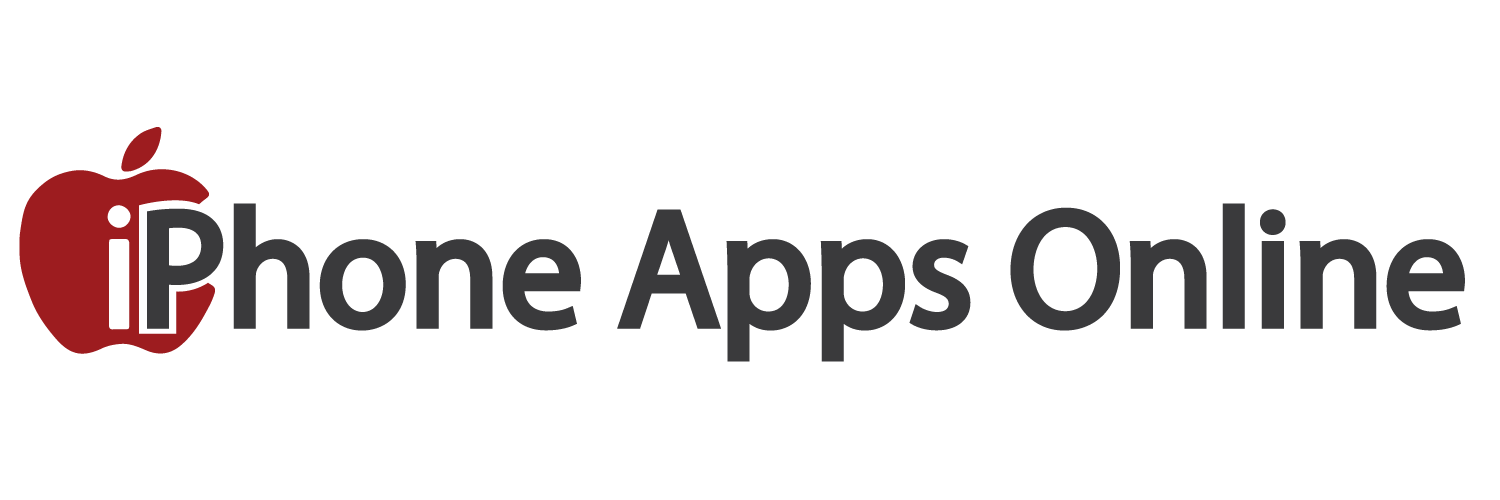
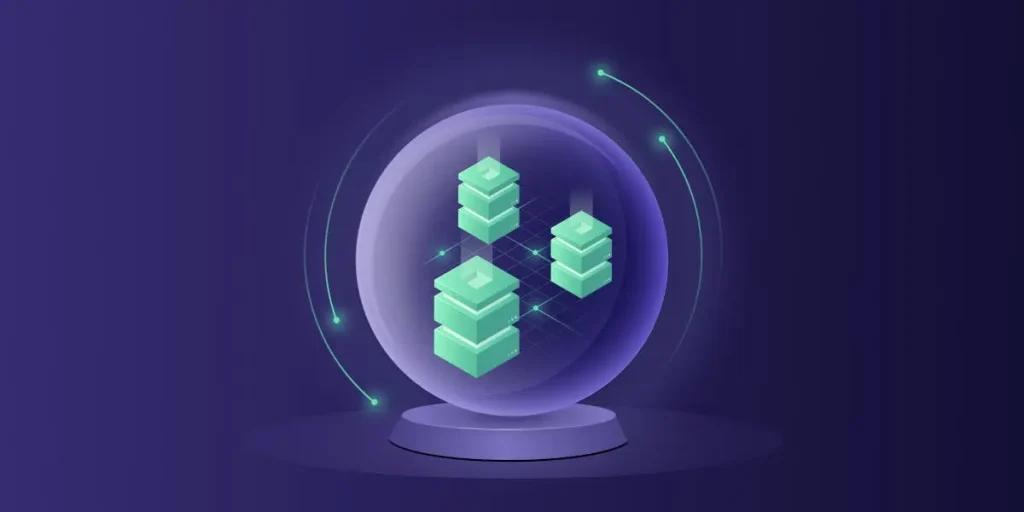

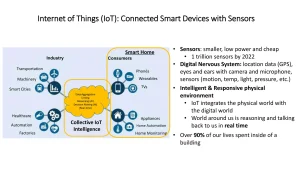
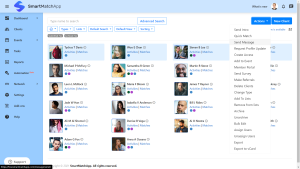
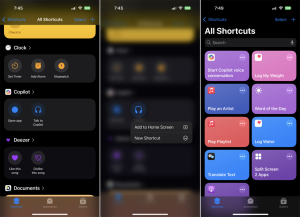
More Stories
The Rise of Ambient Computing and Invisible Interfaces: When Technology Fades Into the Background
Integrating Digital Twin Technology for Small-Scale Manufacturing and Logistics
The Developer’s Guide to Post-Quantum Cryptography Implementation